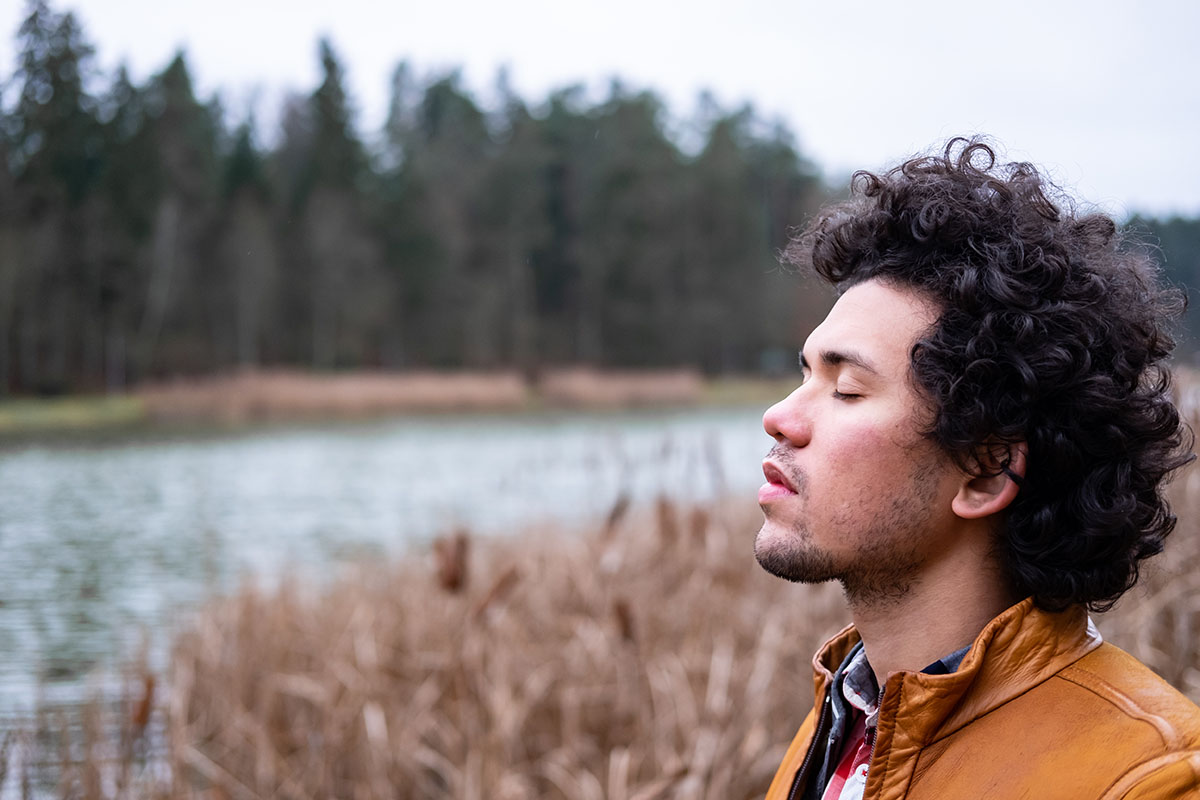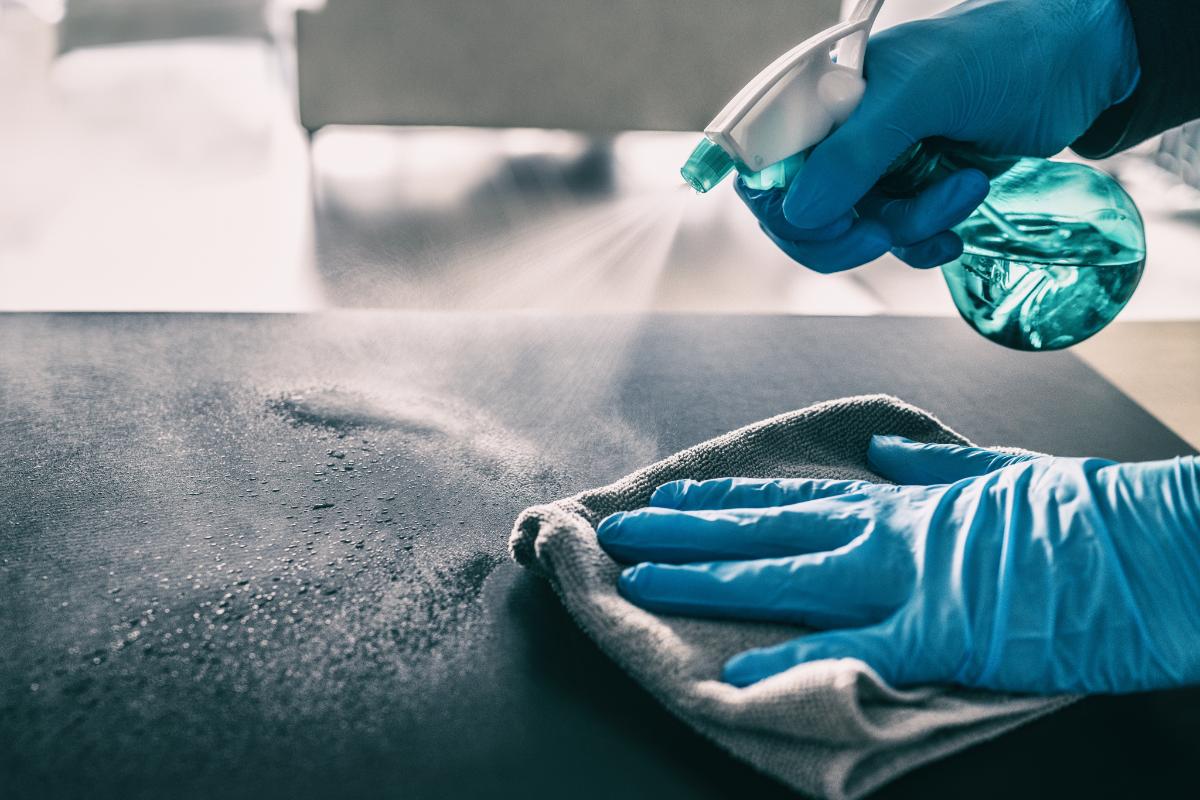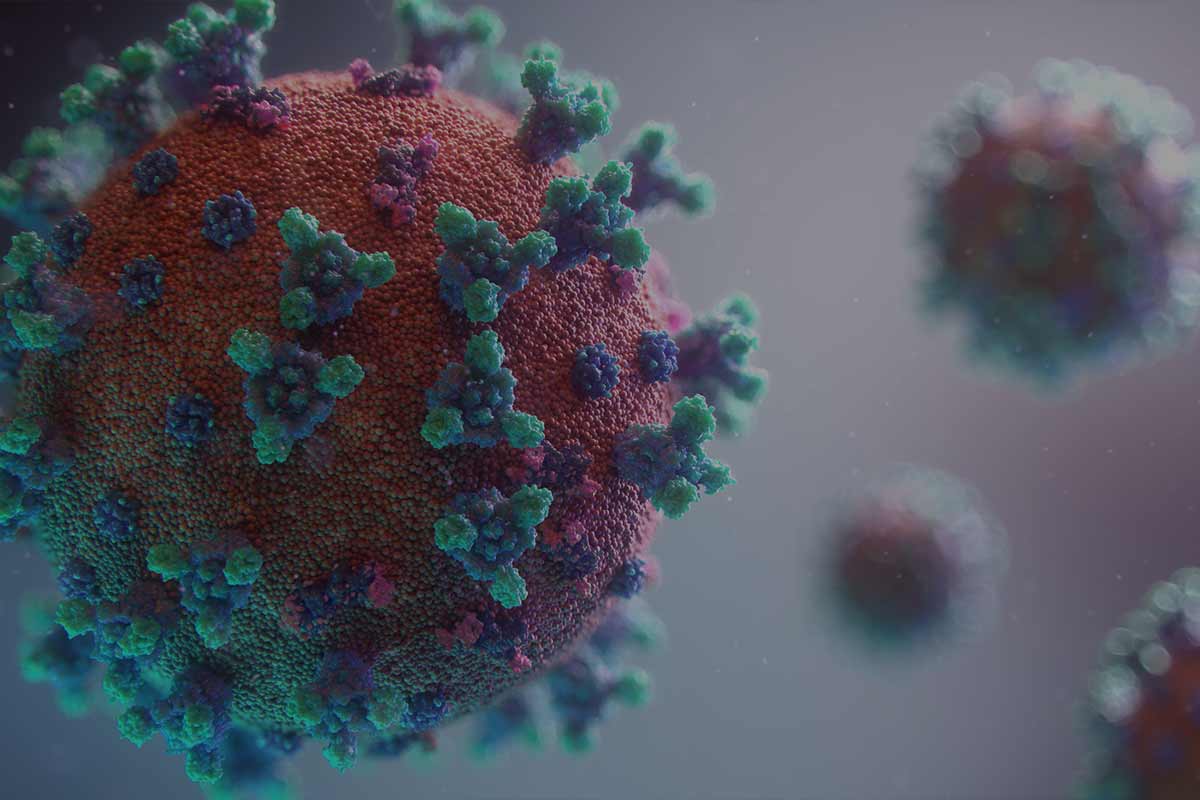

By: AndreaBergman
Depression can arise as a result of a dramatic shift in a person’s life, the sudden loss of a loved one, or uncertainty about the future. A secondary effect of depression can be addiction. It is easy to cope with depression by using alcohol or drugs as a means to numb the pain you may be feeling. If you’re someone who suffers from depression and uses alcohol to cope, it’s important for you to know the signs of addiction and know how to reach out for help if needed.
Signs you may Have an Alcohol Dependency
Once you start, stopping is hard.
Those with alcohol addiction can’t control their alcohol consumption once they take a sip. It may feel like they have control over their drinking habits, but many times will drink far more than they had initially intended – sometimes even blacking out and not remembering anything.
You drink to feel normal.
The thought of being around people brings about anxiety, so oftentimes it leads to drinking beforehand so you feel like you can handle the situation.
Defence is your mechanism.
Because there is so much guilt partnered with alcohol dependency, the gut reaction to someone asking or mentioning you may have a problem is being abrupt and defensive. This can also happen because alcohol dependency can cause mood swings.
Starting the morning with a drink.
Sometimes alcohol dependency causes a person to wake up and feel they need to have a drink before they can start the day. This sets the tone for the day and many times causes a person to casually drink throughout the entire day.
Feelings of depression, anxiety or suicide.
Regular heavy drinking interferes with neurotransmitters in our brains that are needed to support good mental health. If there is a decrease in these functions, it often leads one to have feelings of aloneness, lending itself to depression, anxiety and even suicidal thoughts.
Managing Alcohol and Depression in Quarantine
If you are currently dealing with addiction and depression at the same time, it is extremely difficult managing each while you are in quarantine. Depression may trigger your addiction or using alcohol can increase the symptoms of your mental health disease.
Therefore, if you are dealing with co-occurring disorders and under quarantine, you may want to consider going to treatment to get help for your addiction. A rehab center like Lakeview Health offers a wide range of treatments that battle both addiction and mental disorders like depression. Our mental and behavioral health experts can assess your situation to determine what type of treatment is best for you.
If you are unable to seek treatment in a residential facility, here are some other ways you can access care at this time.
Telehealth:
Telehealth is a great option in a world moving to digital platforms. These are online services that treatment centers offer that allows a therapist to facilitate a session online. They are similar to Facetime or Skype, only with more advanced features. You can engage with a therapist face-to-face.
Phone Conference:
A phone conference is a bit less personal simply because you are not looking at one another in the eye. However, a depression treatment specialist can give you some personal time, allow you to talk about your depression, and provide therapy insights.
Should You Seek Treatment During a Pandemic
Unfortunately, a person who is suffering from an addiction may refrain from seeking treatment for addiction due to COVID-19. However, Lakeview Health is working diligently to provide a safe and healthy space for individuals in need of depression treatment.
Along with mental health and depression treatment, we also provide a range of addiction treatment programs, including:
Contact Lakeview Health today by calling [Direct] to learn about treatment options. Take the proper steps in keeping your physical and mental health at it’s best during this difficult time.





